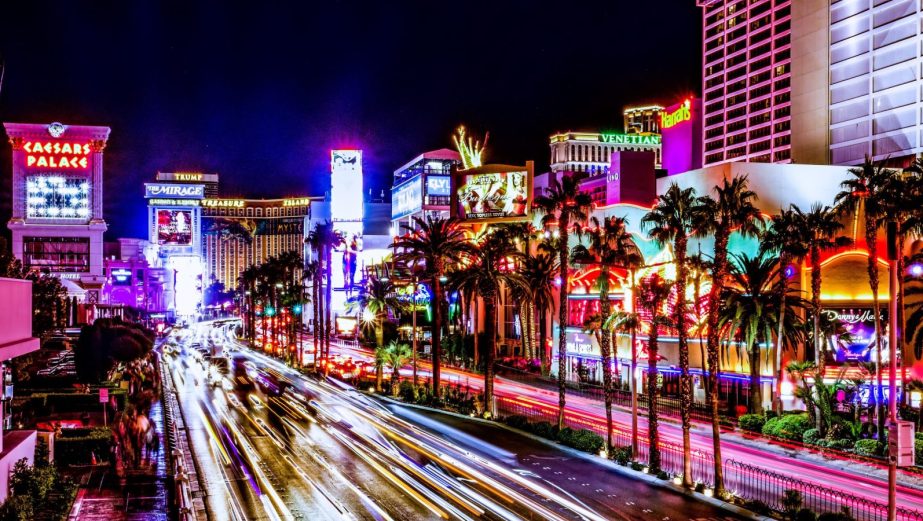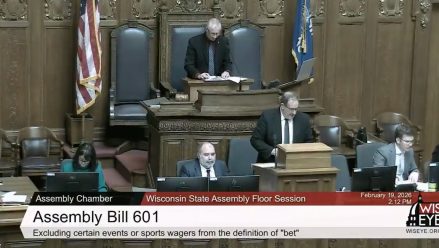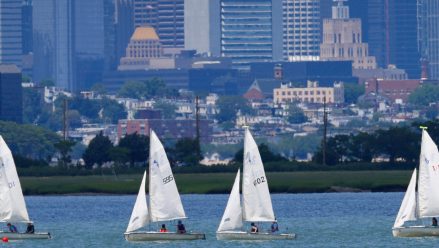The Massachusetts Gaming Commission (MGC) Thursday morning sent a letter to operators warning them against offering prediction markets in the state. Unlike other regulators, the MGC did not address how it will handle state-licensed operators offering or partnering with prediction markets in other U.S. jurisdictions.
“Please accept this letter as notice that you are prohibited from offering sports-related event contracts in Massachusetts, directly or via an affiliate, related business entity, or other association, or directing patrons to such event contracts being offered in Massachusetts,” the letter reads.
Signed by executive director Dean Serpa, the letter is clear in saying that offering prediction markets directly or sending “patrons to such event contracts being offered in Massachusetts” could result in enforcement action up to the “revocation” of a license. State-licensed operators must file a written response to the MGC within 10 business days “identifying the steps you will take to ensure compliance with this notice.” Other regulators warning operators off prediction markets have not required similar information from operators.
The letter went out one day after the MGC met in executive session to discuss prediction markets. It was also a day after FanDuel announced that it will begin offering prediction markets in partnership with CME beginning next month, and the Nevada Gaming Control Board announced that FanDuel is giving up its Nevada retail wagering license and DraftKings had withdrawn licensing applications due to both companies’ plans to offer prediction markets.
Regulator focused on home state
Five regulators, including those in Arizona, Nevada, and Ohio have sent similar letters to licensed operators, but those three also indicated that they would review suitability if an operator offers or partners with a prediction market in another state. Massachusetts regulators did not go down that road, instead focusing within its own borders, other than to write, “To the extent any other regulator takes action against your license due to your operation in the prediction market space, such action may inform decisions related to your suitability in Massachusetts.”
This could mean, for example, that if the Ohio Casino Control Commission pulls an operator license for reasons related to involvement in prediction markets, then the MGC reserves the right to consider that in relation to Massachusetts licensees.
FanDuel and DraftKings have both made moves toward launching sports event contracts. DraftKings last week announced that it will go live with prediction markets including sports “in the coming months” after acquiring the Railbird platform, which is already licensed by the Commodity Futures Trading Commission (CFTC). Both companies, along with BallyBet, BetMGM, Caesars Sportsbook, Fanatics Sportsbook, and Penn Entertainment (currently ESPN Bet, but switching to theScoreBet Dec. 1) are licensed for digital wagering in Massachusetts. Encore Boston Harbor, owned by Wynn Resorts, has a brick-and-mortar sportsbook, but no digital presence in Massachusetts.
While the MGC letter does not consider prediction market participation in other states, it does leave open the possibility that it can revisit that issue or any others related to prediction markets.
Mass AG and Kalshi in court
The letter is not the first action taken against prediction markets in Massachusetts. In September, the state became the first to sue Kalshi to keep it out of its borders. Attorney General Andrea Joy Campbell filed the lawsuit in Suffolk County Superior Court. It was not only the first suit brought by a state against the prediction market, but the first in a state court.
Kalshi, which is in lawsuits in federal court with multiple states including Maryland, Nevada, New Jersey, and New York, tried to get the case moved to federal court. On Oct. 28, however, a U.S. District Court for the District of Massachusetts sent it back to state court. The decision cannot be appealed.
Next Tuesday, the parties will be in Suffolk County Superior Court for a hearing as the state requested an injunction to keep Kalshi from operating.






